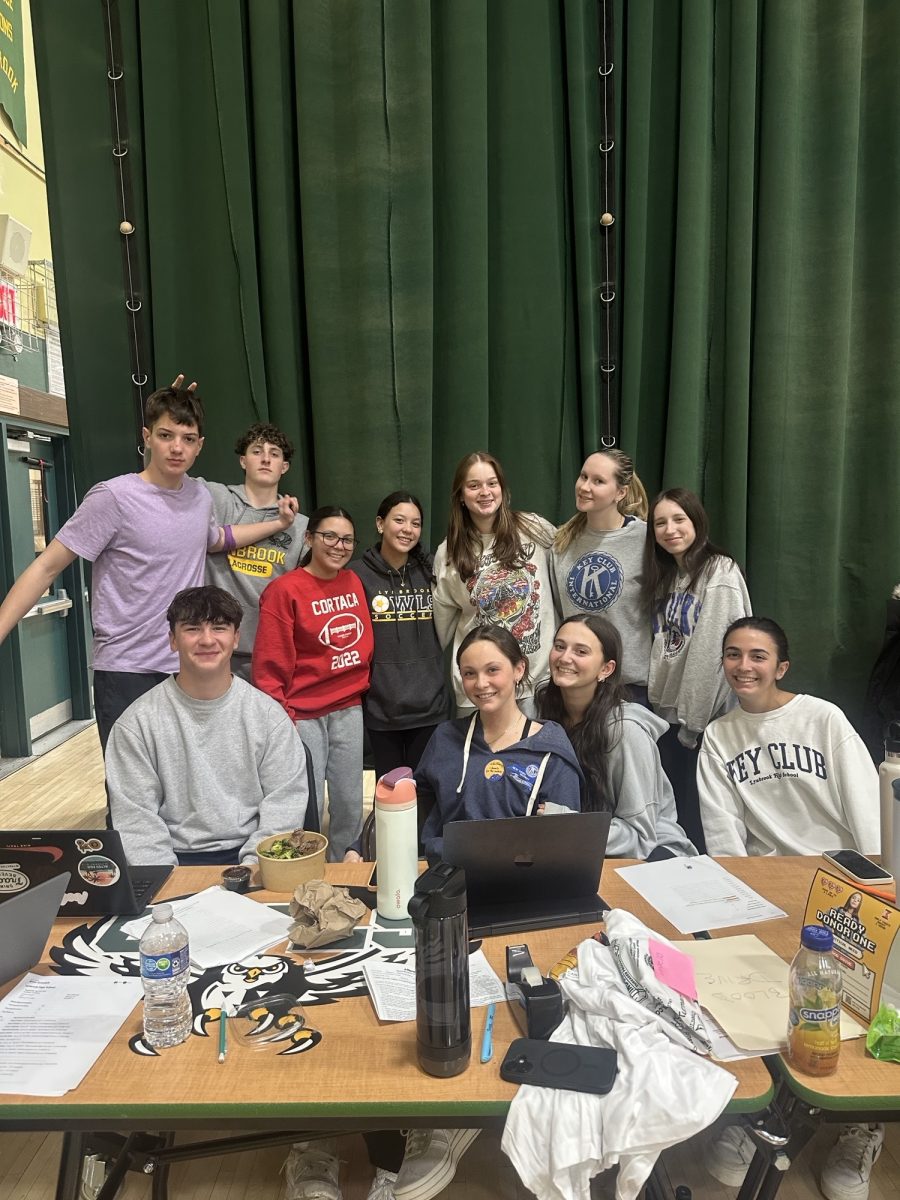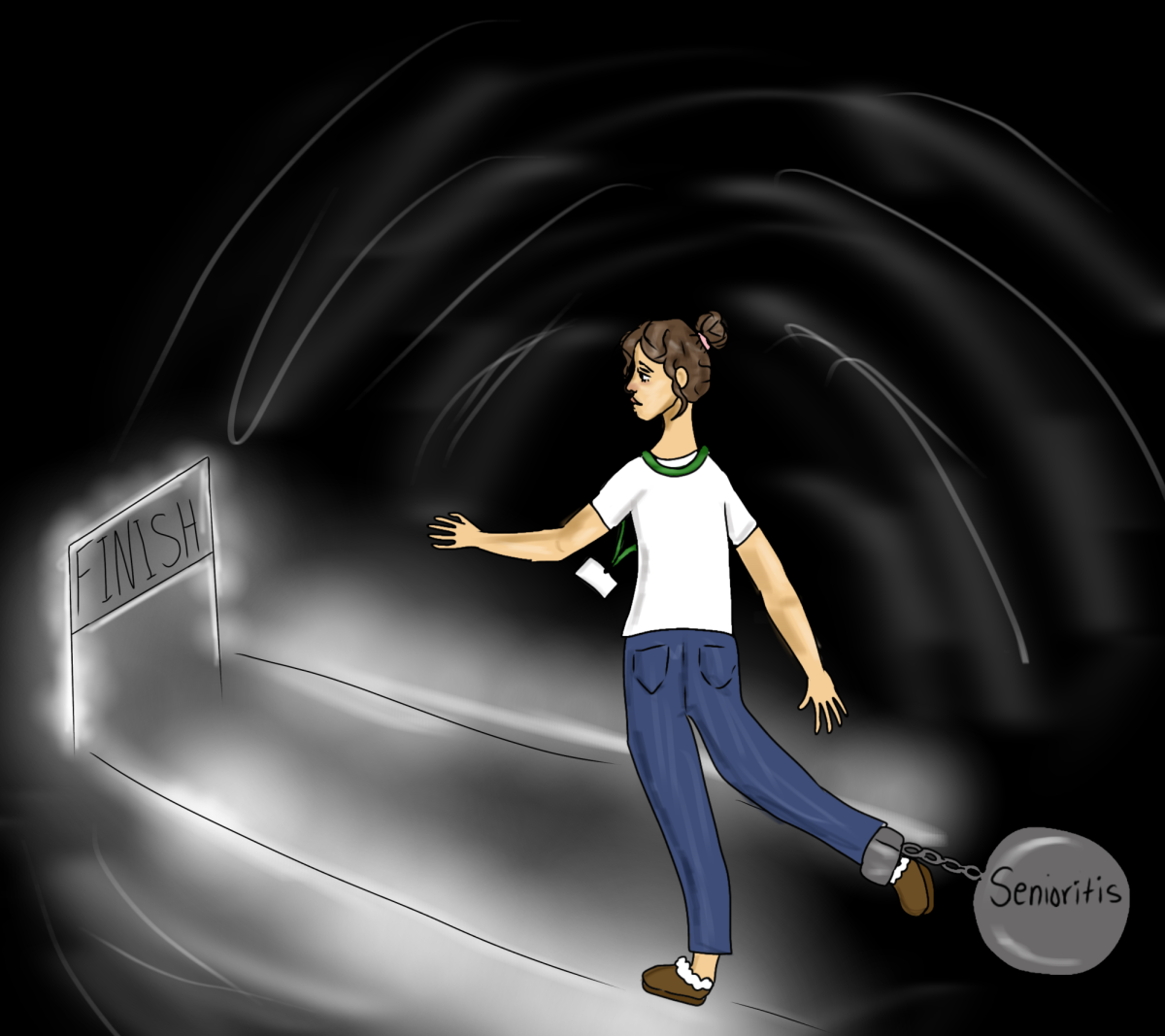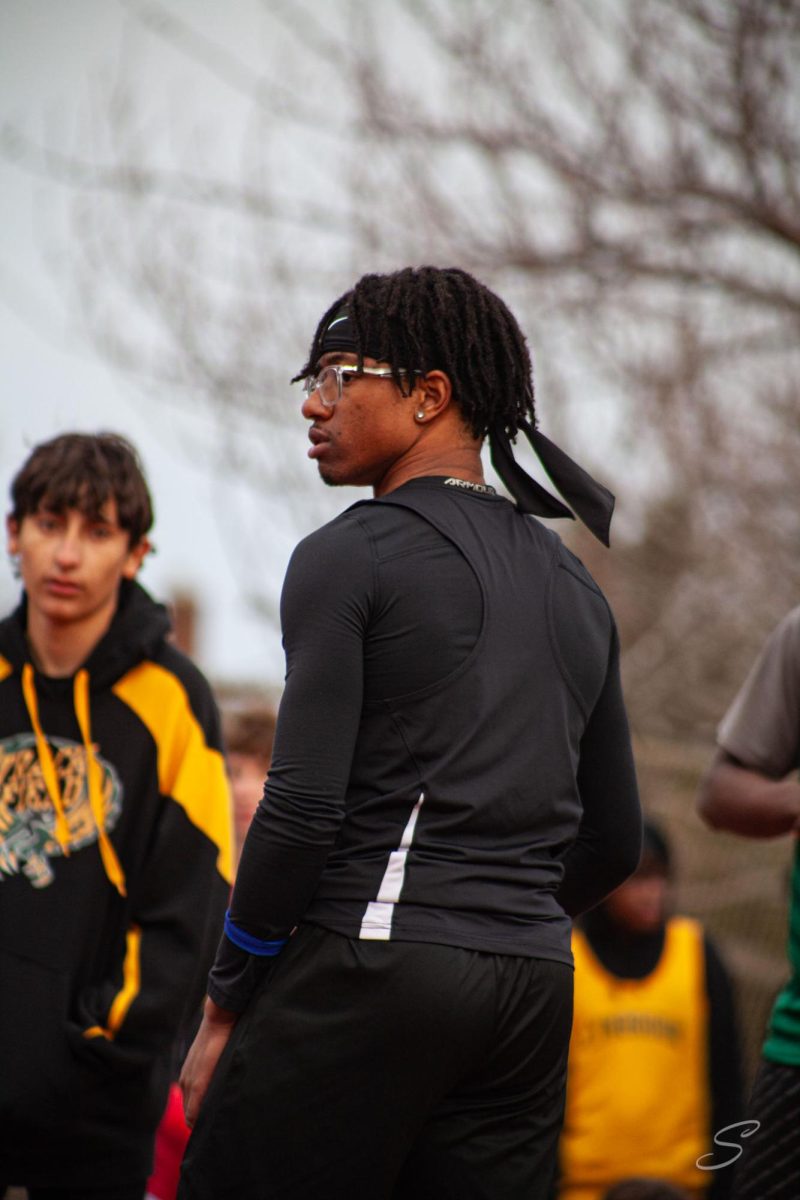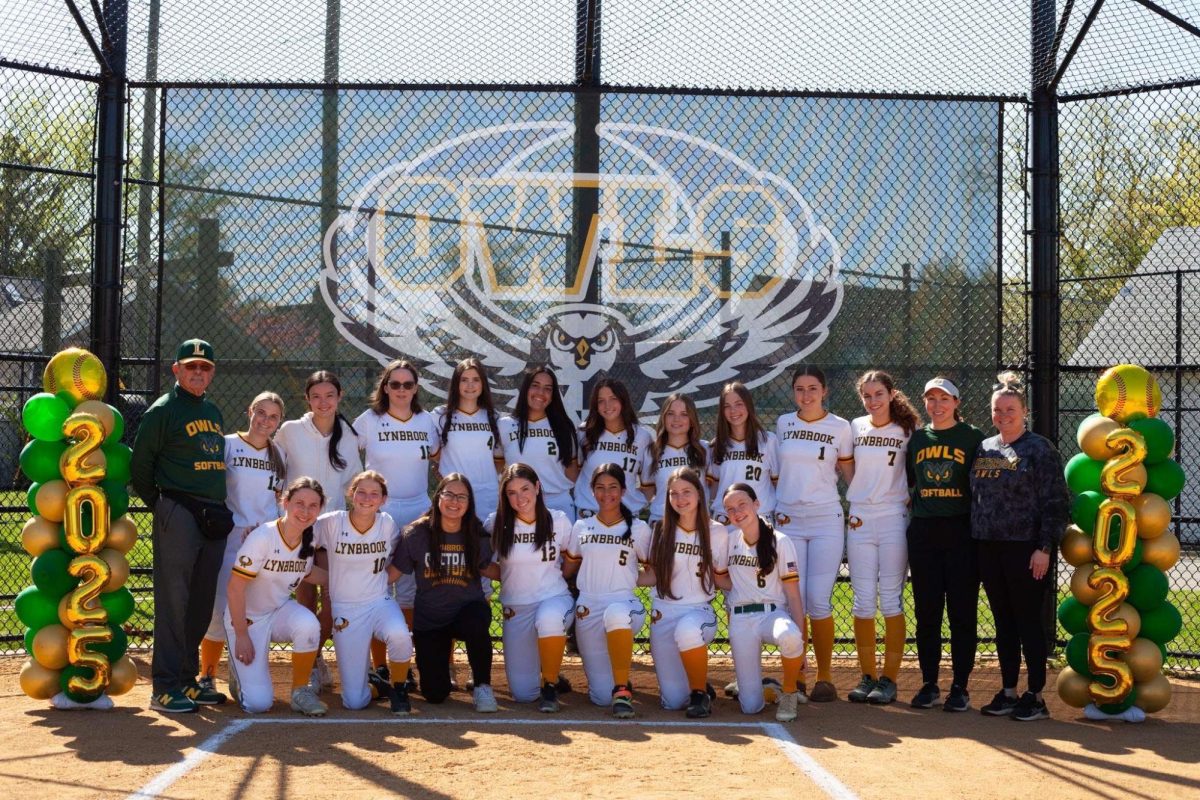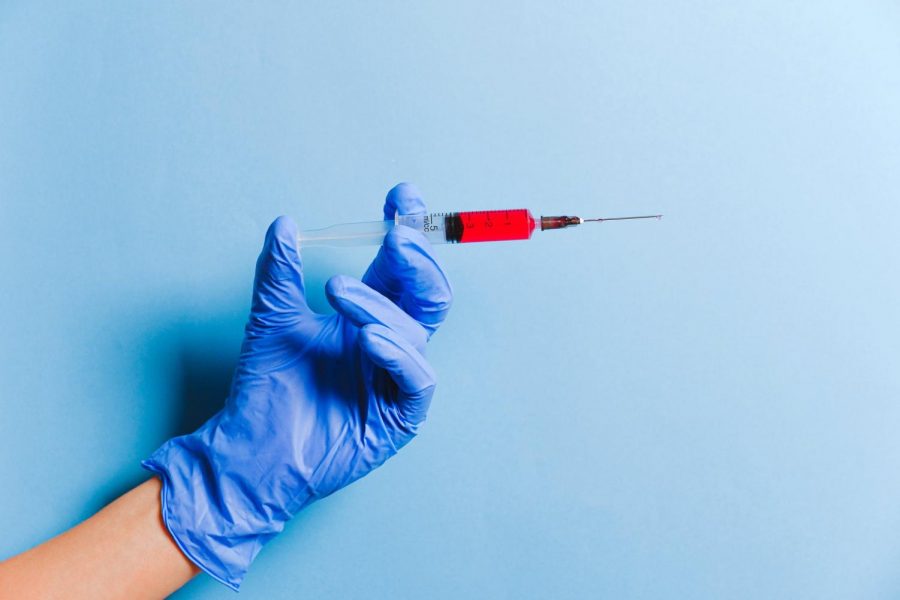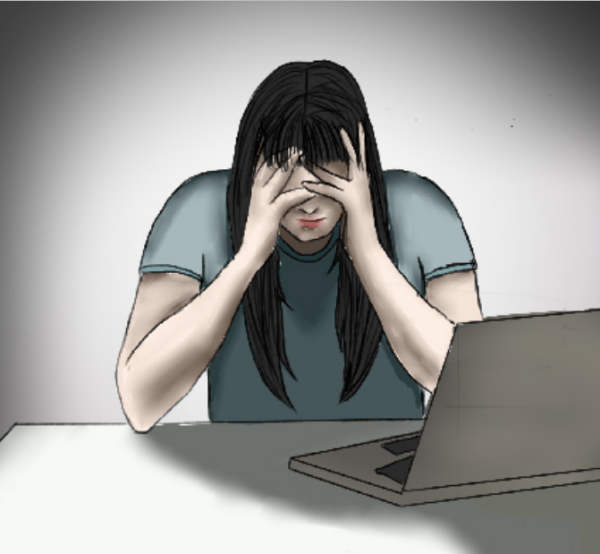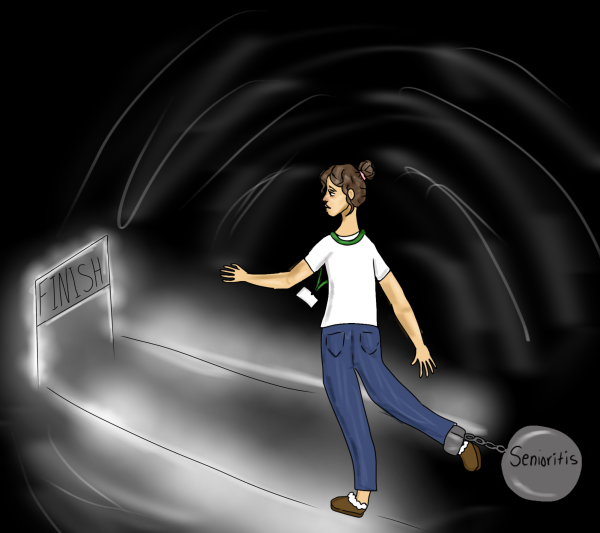Kids Should Have the Right to Vaccinate
Recently, there has been a lot of controversy surrounding vaccinations. Specifically, if teenagers should be allowed to get them without parental consent or whether or not religious beliefs are a justifiable reason to exempt students from getting vaccines. In Mar. 2019, New York passed a bill allowing teenagers who are 14 years or older to get vaccinations without parental consent. However, in early Jan. 2020, there was a protest in Albany related to this bill and a lawsuit against the religious exemption bill that was dismissed. Despite recent controversy, students should be able to get vaccinated without their parents’ consent.
Giving teenagers the ability to get vaccinated on their own ensures their safety, well-being, and the security of the lives of others. There have been outbreaks of diseases–such as measles–that were once eradicated but have made reappearances due to children not being vaccinated. According to (consumerreports.com), “A child who has not gotten the measles, mumps, rubella (MMR) vaccine, is 35 times more likely to contract measles than a vaccinated child.” With that being said, it is in the best interest for the safety of not only the child, but of the whole community, that kids are vaccinated. Moreover, it is unfair that a child’s health be dependent on his/her parents’ beliefs. Fourteen is a reasonable age for people to research and decide on their own whether they want a vaccination, considering its benefits and limited risks. “I do believe teens should not need consent because if they feel like their body needs to be vaccinated, then they should be able to do that on their own. They may be harming others in the process of not getting vaccines,” said Erica Cimato, a junior.
Most of the issue with the bill stems from parents worrying about misconceptions, such as vaccines causing autism. Cimato commented, “Many think that the negatives of vaccinating their kids outweigh the positives, but that’s not true because it has been disproved.” Overall, those parents who do not allow their children to get vaccinated are “inconsiderate,” explained Shannon DeMarinis, a junior, because “their child could be affecting a lot of other people.”
However, some argue that fourteen year olds are not old enough to make such a permanent decision. Karen Pena, sociology teacher and mother of two, stated that “at 14, [children] are not ready to make those medical decisions on their own just yet. The decision should, overall, become a family decision to determine whether or not the vaccines should be carried out such as the flu shot. Individual households should discuss those things.”
Teenagers wanting to protect themselves from diseases should be a fundamental human right, and their parents’ beliefs should not dictate that. Even though those at the age of 14 are legally considered minors, that should not mean that they do not get a say in their personal medical decisions, especially when it involves their safety.

I am part of the Class of 2021 at LHS. I am in Key Club. I have a dog named Bandit, and I went to elementary and middle school in Queens.




